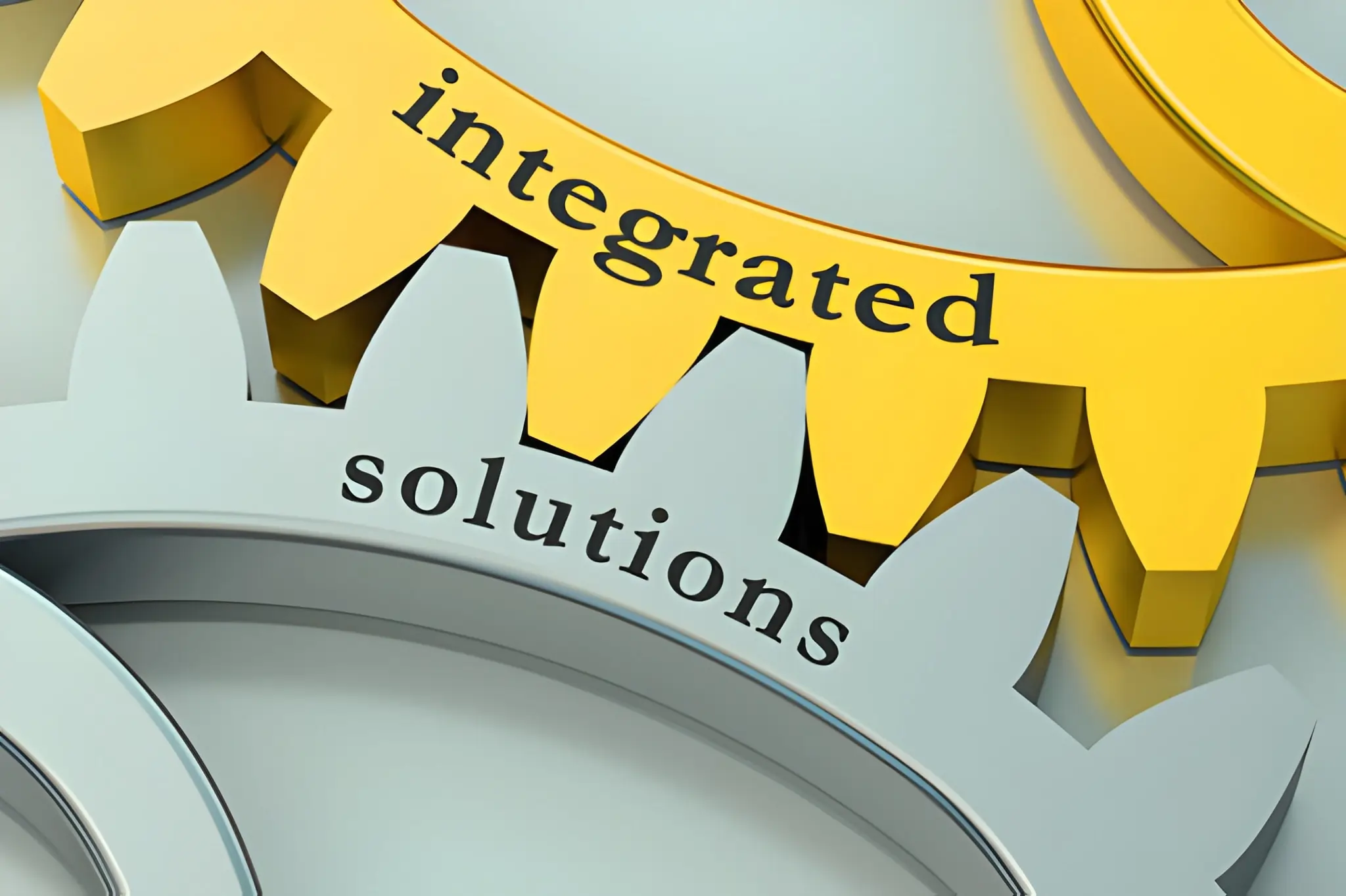Understanding the Complexity of Poverty
Poverty is not merely a lack of financial resources; it is a multifaceted issue that encompasses various dimensions such as education, health, employment, and social inclusion. To effectively assist individuals in poverty, it is crucial to understand the interrelated nature of these dimensions. Many individuals living in poverty face systemic barriers that prevent them from accessing essential services, such as quality education and healthcare. By recognizing the complexity of poverty, we can develop more integrative solutions that address its root causes.
Education as a Cornerstone of Economic Upliftment
Education is one of the most powerful tools for breaking the cycle of poverty. However, for individuals living in low-income communities, access to quality education is often limited. Integrative solutions should focus on improving educational opportunities through targeted programs that provide mentorship, tutoring, and resources to students and families. Initiatives like community learning centers can offer after-school programs and adult education classes, helping individuals gain the skills they need to secure better employment.
Moreover, partnerships between schools and local businesses can create internship and apprenticeship opportunities, providing students with hands-on experience and connections to potential employers. By fostering a culture of continuous learning, communities can empower individuals to pursue higher education and lifelong learning, ultimately leading to improved economic outcomes.
Financial Literacy and Empowerment
Financial literacy is another essential component in assisting individuals out of poverty. Many people in low-income situations lack the knowledge and skills necessary to manage their finances effectively, leading to cycles of debt and financial instability. Integrative solutions should include financial education programs that teach budgeting, saving, and investing.
By equipping individuals with practical financial skills, we can help them make informed decisions about their money. Offering workshops on credit management, debt reduction, and savings strategies can empower individuals to take control of their financial futures. Additionally, community partnerships with financial institutions can facilitate access to low-interest loans and banking services, enabling individuals to build credit and save for emergencies.
Access to Healthcare and Social Services
Health is a crucial factor in economic upliftment, as poor health can limit an individual’s ability to work and support themselves. Integrative approaches must ensure that individuals in poverty have access to affordable and comprehensive healthcare services. This includes not only physical health services but also mental health support, which is often overlooked in low-income communities.
Community health programs can provide preventive care, screenings, and health education to help individuals manage chronic conditions and prevent illnesses. Furthermore, integrating social services with healthcare can address the broader social determinants of health, such as housing stability and nutrition. By creating a holistic support system, we can enhance the overall well-being of individuals and families, making it easier for them to focus on economic upliftment.
Job Creation and Workforce Development
Employment is a critical pathway out of poverty, yet many individuals face significant barriers to entering the job market. Integrative solutions should prioritize job creation and workforce development programs tailored to the needs of the local community. This could involve collaborating with local businesses to identify skills gaps and training opportunities that align with market demands.
Vocational training programs can equip individuals with in-demand skills, providing them with a competitive edge in the job market. Additionally, initiatives that promote entrepreneurship can empower individuals to start their own businesses, fostering economic independence and community resilience. By creating a diverse array of employment opportunities, we can help individuals build sustainable livelihoods and contribute to the local economy.
Community Engagement and Support Networks
Building strong community networks is essential for supporting individuals in their journey out of poverty. Integrative solutions should focus on fostering connections among community members, organizations, and local institutions. Support networks can provide emotional encouragement, resources, and practical assistance, helping individuals navigate the challenges they face.
Community-based organizations can play a vital role in facilitating these connections. By hosting workshops, networking events, and support groups, they can bring people together to share experiences, resources, and opportunities. Engaging individuals in community service projects can also instill a sense of purpose and belonging, reinforcing social ties and encouraging collective action toward economic upliftment.
Leveraging Technology for Economic Opportunities
In today’s digital age, technology has the potential to be a powerful tool for assisting individuals in poverty. However, access to technology remains a challenge for many low-income communities. Integrative solutions must focus on bridging the digital divide by providing access to computers, the internet, and digital literacy training.
Online platforms can be utilized for job searching, skill development, and accessing educational resources. Furthermore, technology can facilitate remote work opportunities, allowing individuals to explore employment outside of their immediate geographic area. By leveraging technology, we can expand access to economic opportunities and empower individuals to improve their circumstances.
Policy Advocacy and Systemic Change
While local initiatives are crucial for assisting individuals in poverty, systemic change is necessary for long-term economic upliftment. Advocacy efforts should focus on influencing policies that address the structural inequalities contributing to poverty. This includes advocating for fair wages, affordable housing, and access to quality education and healthcare. Organizations such as Arnold Ventures have demonstrated how strategic philanthropy and evidence-based policy work can drive meaningful reform, ensuring that solutions are both sustainable and scalable.
Empowering Individuals through Holistic Approaches
Ultimately, the goal of integrative solutions for economic upliftment is to empower individuals to take charge of their lives and break free from the cycle of poverty. By addressing the interconnected dimensions of poverty, we can create a supportive environment that fosters resilience and opportunity. It is through a combination of education, financial literacy, healthcare access, job creation, community engagement, technology, and policy advocacy that we can truly make a difference in helping people in poverty achieve lasting economic upliftment. Through collective efforts and a commitment to holistic approaches, we can pave the way for a brighter future for all individuals, regardless of their economic circumstances.
Read more: What’s the Secret to Choosing the Right Home Flooring?
3 Tips That Can Be Used When You Want To Buy a Type of Cleansing Oil for Your Skin
5 stand-out reasons for businesses to use the services of a professional digital marketing agency




